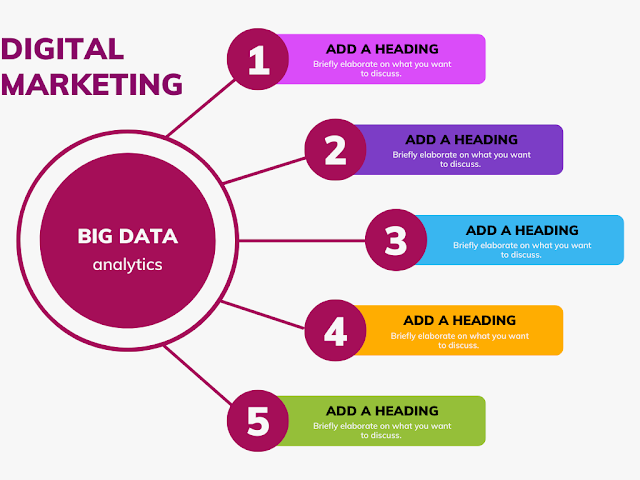start a small business successfully.
Starting a small business can be an exciting, yet daunting task. It requires a lot of hard work and dedication, but with the right planning and execution, it can be a rewarding experience. In this article, we will discuss some key steps to help you start a small business successfully.
Conduct Market Research: The first step to starting a small
business is to conduct market research. This will help you understand the
industry, your target market, and the competition. Market research will also
help you identify opportunities and potential challenges. It is important to
conduct both primary and secondary research. Primary research involves
gathering data directly from your target market, while secondary research
involves gathering data from existing sources, such as industry reports and
government statistics.
Create a Business Plan: Once you have conducted your market
research, the next step is to create a business plan. A business plan is a
detailed document that outlines your business goals, strategies, and tactics.
It should include information on your products or services, target market,
competition, marketing and sales plans, financial projections, and management
structure. A well-written business plan will help you secure funding and
attract investors.
Secure Funding: Starting a small business requires funding.
There are several options for funding, including personal savings, loans, and
investments. You can also seek funding from government programs, such as Small
Business Administration (SBA) loans, grants, and tax incentives. It's important
to have a solid financial plan in place and to be prepared to present it to
potential investors or lenders.
Choose a Business Structure: There are several different
types of business structures to choose from, such as sole proprietorship,
partnership, corporation, and LLC. Each structure has its own advantages and
disadvantages, so it's important to research and choose the one that best suits
your needs.
Register Your Business: Once you've chosen a business
structure, you need to register your business with your state. This includes
obtaining any necessary licenses, permits, and registering for taxes. It's also
important to consider registering for any necessary insurance, such as
liability insurance or workers' compensation.
Develop a Marketing Strategy: A well-developed marketing
strategy is essential for the success of your small business. This includes
identifying your target market, understanding their needs and wants, and
developing a plan to reach them. You can use traditional marketing methods,
such as print and television advertising, or digital marketing methods, such as
social media and email marketing. It's important to develop a budget for your
marketing efforts and to track your results.
Build a Strong Team: Starting a small business requires a
lot of hard work and dedication. It's important to build a strong team of
employees, contractors, and advisors who can help you achieve your goals. This
includes hiring the right people, providing training and development
opportunities, and creating a positive work environment.
Stay Organized: Starting a small business can be
overwhelming, but staying organized can help you stay on top of things. This
includes setting goals, creating a schedule, and using tools such as project
management software to help you stay on track.
Starting a small business requires a lot of hard work and
dedication, but with the right planning and execution, it can be a rewarding
experience. By conducting market research, creating a business plan, securing
funding, choosing a business structure, registering your business, developing a
marketing strategy, building a strong team and staying organized, you can increase
your chances of success




Comments
Post a Comment